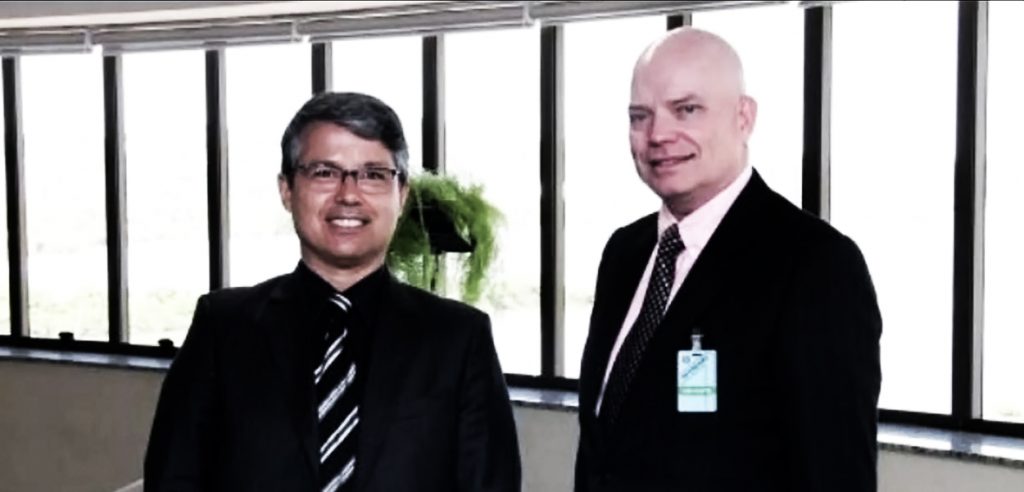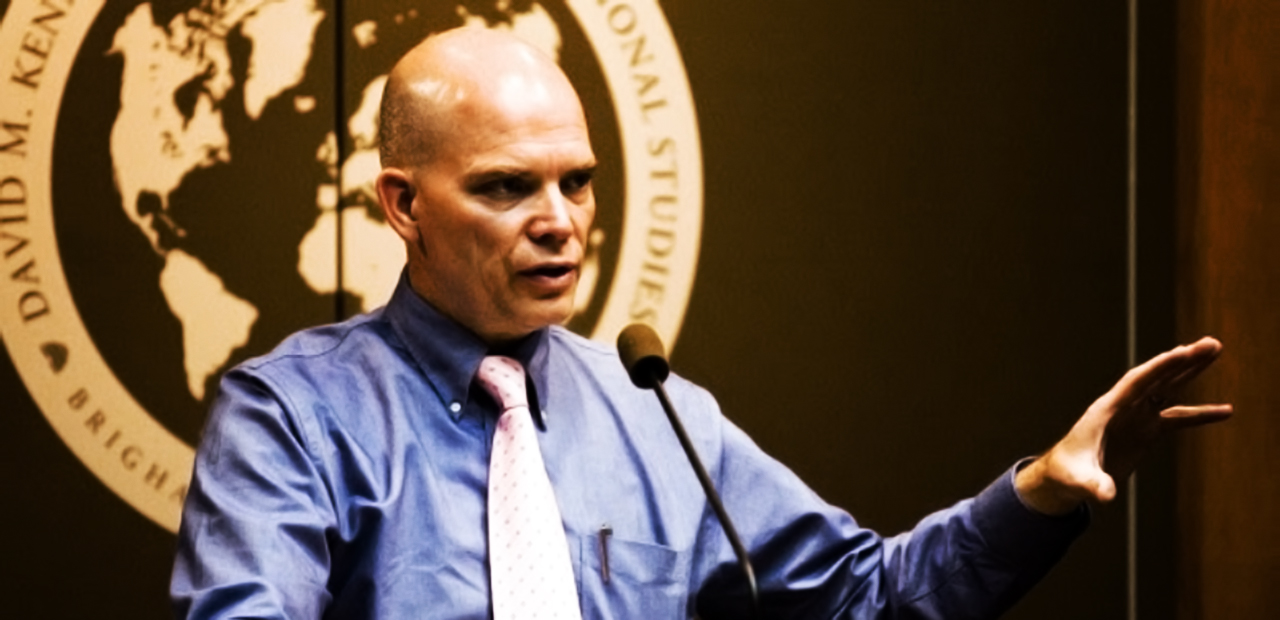The controversial TRF-4 (4th Regional Federal Court) in Porto Alegre has been hit by fresh scandal, one which re-opens the question of United States interference in Brazilian law enforcement, and its judiciary, for political ends.
On Tuesday 2nd December 2019 Willard Tenney Smith, former DIA and CIA intelligence official and now political advisor at the U.S. Embassy in Brasília, was recieved in Porto Alegre by Judge Victor Luiz dos Santos Laus, President of the TRF-4 regional court in Porto Alegre.
The timing of the visit has caused concern, given the TRF-4’s handling of appeals by former President Lula da Silva.
The court’s official explanation for the visit was that it was part of an effort on Tenney Smith’s part to understand the workings of the Brazilian Judiciary. The official was accompanied Rebekah Martinez and Aline Vecchia, advisor and assistant for Political and Economic Affairs of the U.S. Consulate in Porto Alegre.
Dos Santos Laus said he considered it important for bodies such as the U.S. Embassy to be able to approach the Brazilian Judiciary and Courts which, he said, enabled greater integration and articulation between the institutions. Such informal collaboration between U.S. agencies and Brazilian prosecutors was admitted by acting attorney general Kenneth Blanco in 2017, who boasted of Lula’s prosecution as a success story. This contact and collaboration, which bypassed the foreign ministry and ignored a 2001 decree on cooperation between the two countries on criminal issues, was presented to the TRF-4 by former President Lula’s defence as grounds for annulment of the so called “Triplex” case, which the court oversaw in early 2018. The TRF-4 rejected the evidence and their judgement led directly to Lula’s arrest and thus the prevention of his candidacy in the October election he was on course to win. This in turn left the field clear for a Bolsonaro victory.
Facing widespread criticism of political partisanship on November 27th the TRF-4 voted to defy the Supreme Federal Court and augment the sentence for a case against Lula involving the a country farmhouse owned by wealthy friends of his family which had already been discredited. Judge Gebran, who has a longstanding personal relationship with Lava Jato judge turned Bolsonaro Justice Minister, Sérgio Moro, and whose irregular communications with Lava Jato Prosecutor Deltan Dallagnol have been exposed by leaks, was criticised for using political rather than legal points in his arguments, including a derided claim that the “real owner” of a property is the person who frequents it most.
In October 2015, Willard Tenney Smith was posted to the U.S. Embassy in Caracas, Venezuela as a political advisor. He was immediately outed by Diosdado Cabello Rondón, Speaker of the National Assembly, as a former United States Department of Defense intelligence agent.
“Willard Tenney Smith joined the United States Foreign Service after having worked as an intelligence officer for the Empire’s Department of Defence. He has seen service in Mexico, Peru, Jordan and Guyana,” Diosdado revealed.
At that time, as U.S.-backed regime change efforts in the Oil-rich South American country were intensifying, the Venezuelan Government insisted that they would closely observe the activities of Willard Tenney Smith and report any behaviour that was not befitting his official status.
A former Missionary in Argentina, a decade earlier Tenney Smith was one of the U.S. Government officials most associated with the depiction of Venezuela as “Narco State”. At that time he was director of the Narcotics Affairs and Law Enforcement Section in Caracas. According to his own biography his objectives were “…to interrupt the transit of narcotics through Venezuela, to promote rule of law through support of local law enforcement and the judicial sectors, and to positively influence public opinion through funding of community-based projects.”
Willard Tenney Smith’s proximity to those involved in Lula’s appeal proceedings has raised widespread alarm.
The Lava Jato / Odebrecht Corruption case, part of a U.S.-backed “War on Corruption”, has already had far reaching political impact across South America. Tenney Smith said he intended to update himself on Lava Jato cases, and that he was following the progress of Federal Supreme Court judgments, such as that which ruled on the sharing of sensitive data between financial control agencies without prior judicial authorization.
There are currently two (1, 2) pending U.S. congressional inquiries into Department of Justice role in Operation Lava Jato, led by progressive Democratic lawmakers. In particular they demand answers on the politically-motivated prosecution of former President Lula. In addition, Lava Jato has been found, via leaked conversations published by the Intercept, to have intentionally manipulated impeachment proceedings against Dilma Rousseff which led to her ouster in 2016.
Operation Lava Jato is thus central to the political shift of Brazil to the far-right and explicit U.S. alignment. The U.S. role in Lava Jato has been widely ignored by English language international media.
Lula’s recent release from jail pending further appeal has rallied a demoralised left in Brazil, and Tenney Smith’s visit to the TRF-4 comes days after Mike Pompeio’s statement that the United States would assist its favoured governments in Latin America to control popular unrest, and thus prevent repetition of the Chilean uprising in other U.S.-aligned countries, such as Brazil.

TRF-4 President Judge Victor Luiz dos Santos Laus with U.S. Embassy Political Advisor Willard Tenney Smith. 2/12/2019
[qpp]

